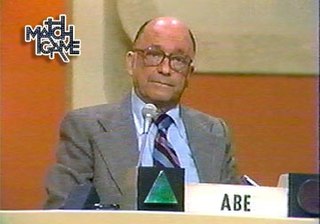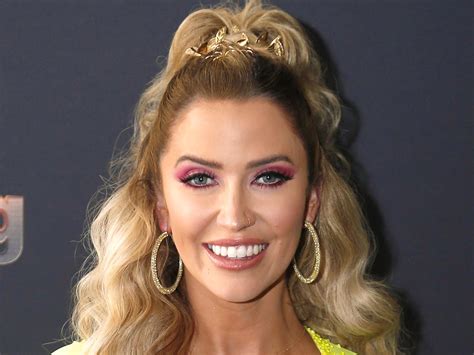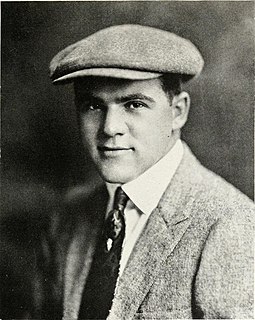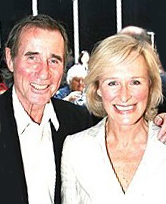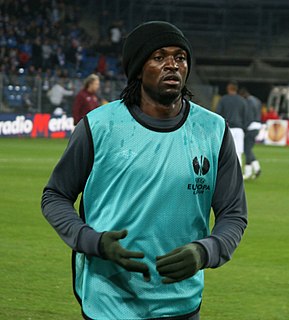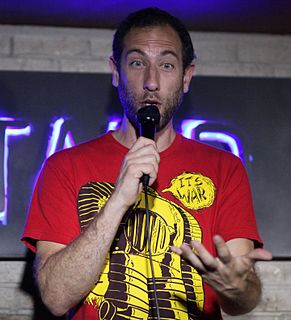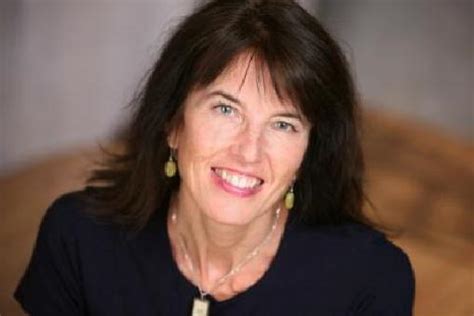A Quote by Kenya Barris
I believe comedy is a really good lens to filter serious issues through. If people are laughing, they don't necessarily realize until they stop laughing that they just took something in that's going to start a conversation.
Related Quotes
The fact is that comedy is actually too serious to be taken seriously. It may be that comedy touches such deep emotions that people feel better if they can just dismiss it as trivial. Just take a big belly laugh. I have watched people laughing, and for a moment they look-and are-absolutely helpless. Vulnerability. You can be assaulted while you are laughing.
Most of the time, the songs have jokes in them, little sarcastic things, or purposely kitsch or something. So that's going along with a story, like I do in life, just talking to myself and making fun of stuff and laughing at stuff that's serious. And sometimes it's a good idea to put the laughing into the songs. Sometimes it's not. Sometimes it's all right just to be serious. But most of the songs have some kind of joke in them.
It's really amazing to be a part of something that people have an emotional response to, even though it's a network sitcom. When you get a chance to meet fans or interact with them, you realize that there are a lot of people who the show speaks to, and that they really get something out of it, beyond just laughing. That's really fulfilling.

